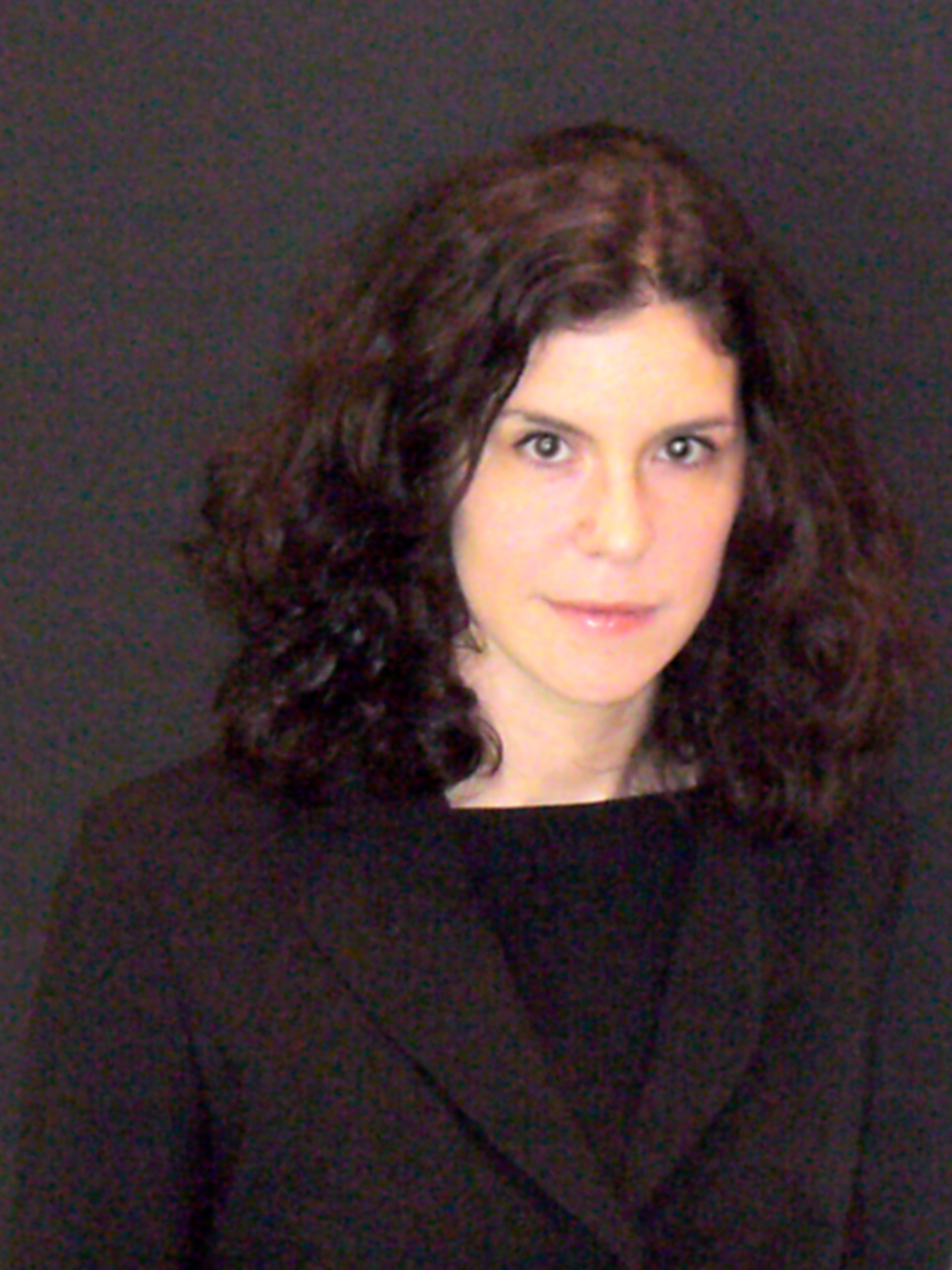A few passages from her piece:
We should never pooh-pooh economic progress. As P.J. O’Rourke once remarked, I have one word for people who think that we live in a degenerate era fallen from a blessed past full of bounty and ease, and that word is “dentistry”...And one of my favorites, on health care getting more "expensive":
If you do not think that we are living in miraculous times, I suggest you go read these old instructions for doing laundry. But I don’t suggest that you try them, as they involve hydrochloric acid and lye. Laundry is perhaps the worst job that has been automated, in the process changing from backbreaking labor into a slightly tedious chore. But of course we also have clean-burning stoves that don’t require constant tending of a fire, refrigerators that keep our food safe and refreshingly cold, vacuum cleaners that keep our carpets vastly cleaner without hours of beating, mixers that save our aching arms, drip coffee makers that make our favorite beverage better, faster, and with much less work … the list is potentially endless, but the general results are the same: our homes are cleaner, and our food requires a few hours a week to buy and prepare, instead of most of a housewife’s day....
Life is a lot better than it was in 1930 if you’re black. Or gay. Or a woman who wants to work outside the home. Or mentally ill. Or pregnant. Or cohabiting. Or accused of a crime. Many categories of people who previously suffered brutal punishment—legal or social—have had their lives immeasurably improved. Are we a perfectly equal and free society? No. But many groups of people have immensely more freedom and opportunity than they used to.
[L]et’s look at health care. In the 1950s, when the president of the United States had a heart attack, he got the absolute state of the art treatment from some of the top doctors in the country: blood thinners, painkillers, and bed rest.
Today, he would have had an array of scans and blood tests to diagnose his problem, and then his physicians would have been able to choose from an array of treatments—stents, coronary bypass, balloon angioplasty—to prevent future heart attacks. And thanks to epidemiology, public health campaigns, and an array of smoking cessation aids, he probably wouldn’t have had a four-pack-a-day cigarette habit, either.
1950s health care isn’t expensive; this same regimen would be a bargain at today’s prices. What’s expensive is things that didn’t exist in 1950. You can say that “health care” has gotten more expensive—or you can say that the declining cost of other things has allowed us to pour a lot more resources into exciting new health products that give us both longer and healthier lives.
